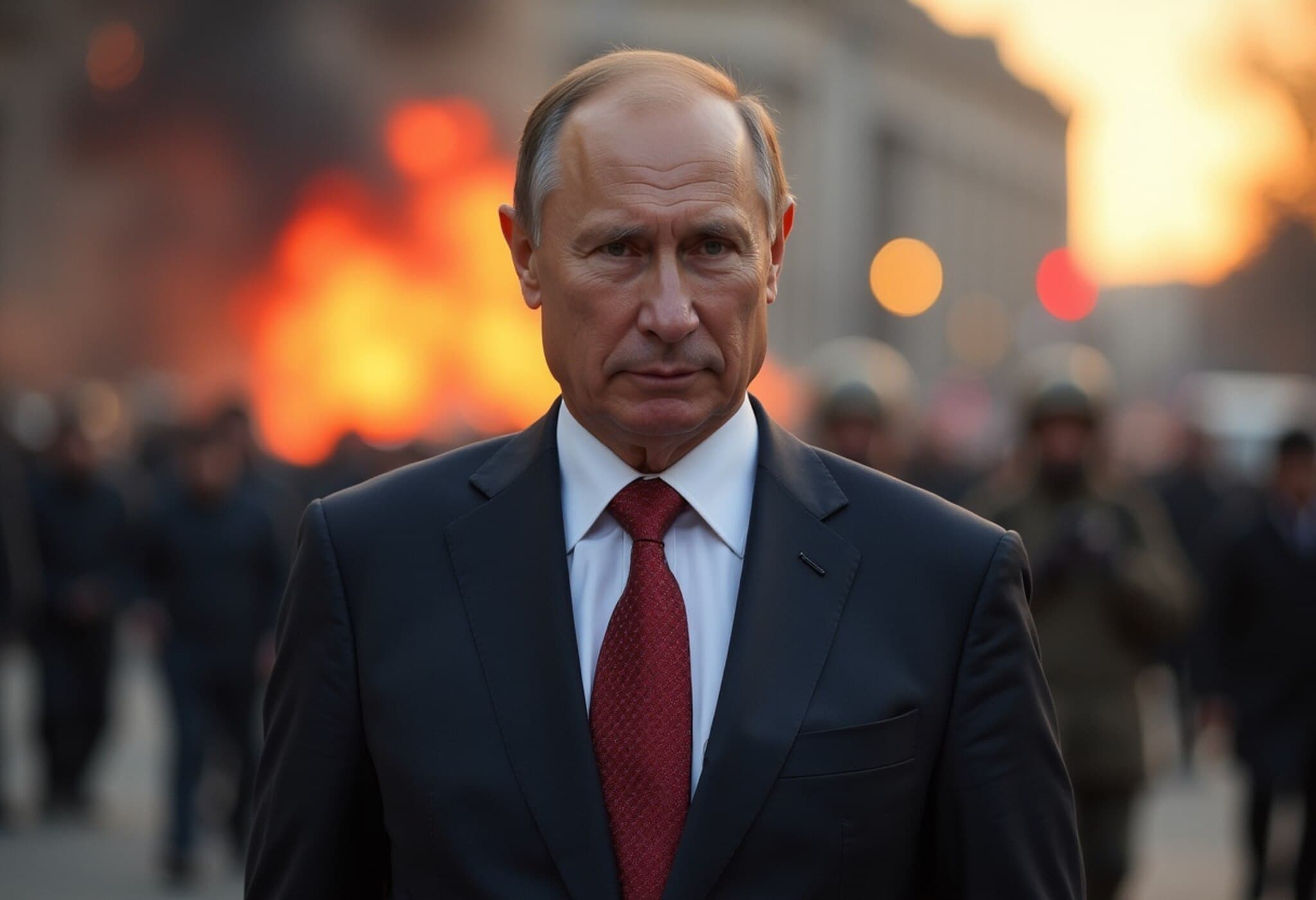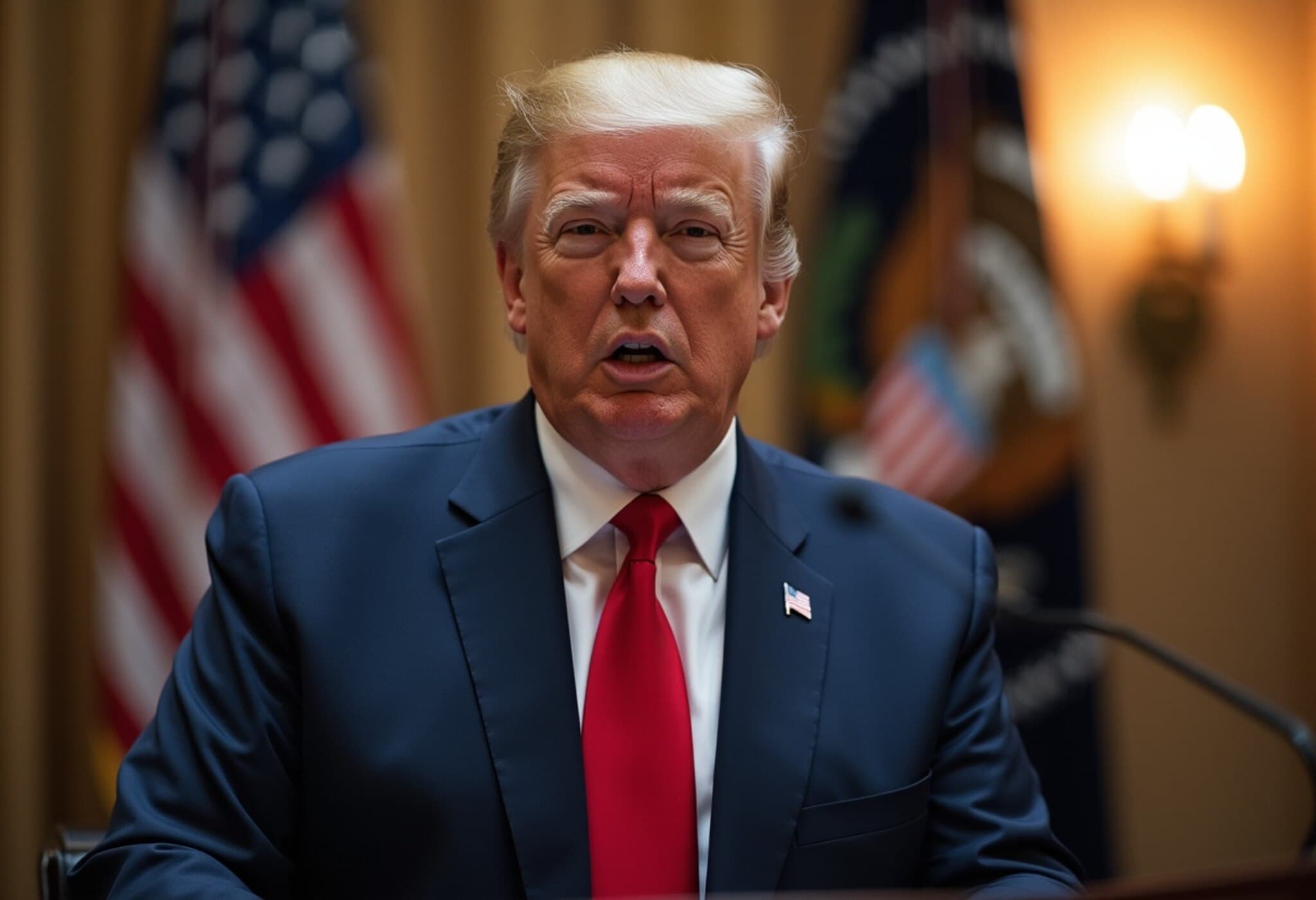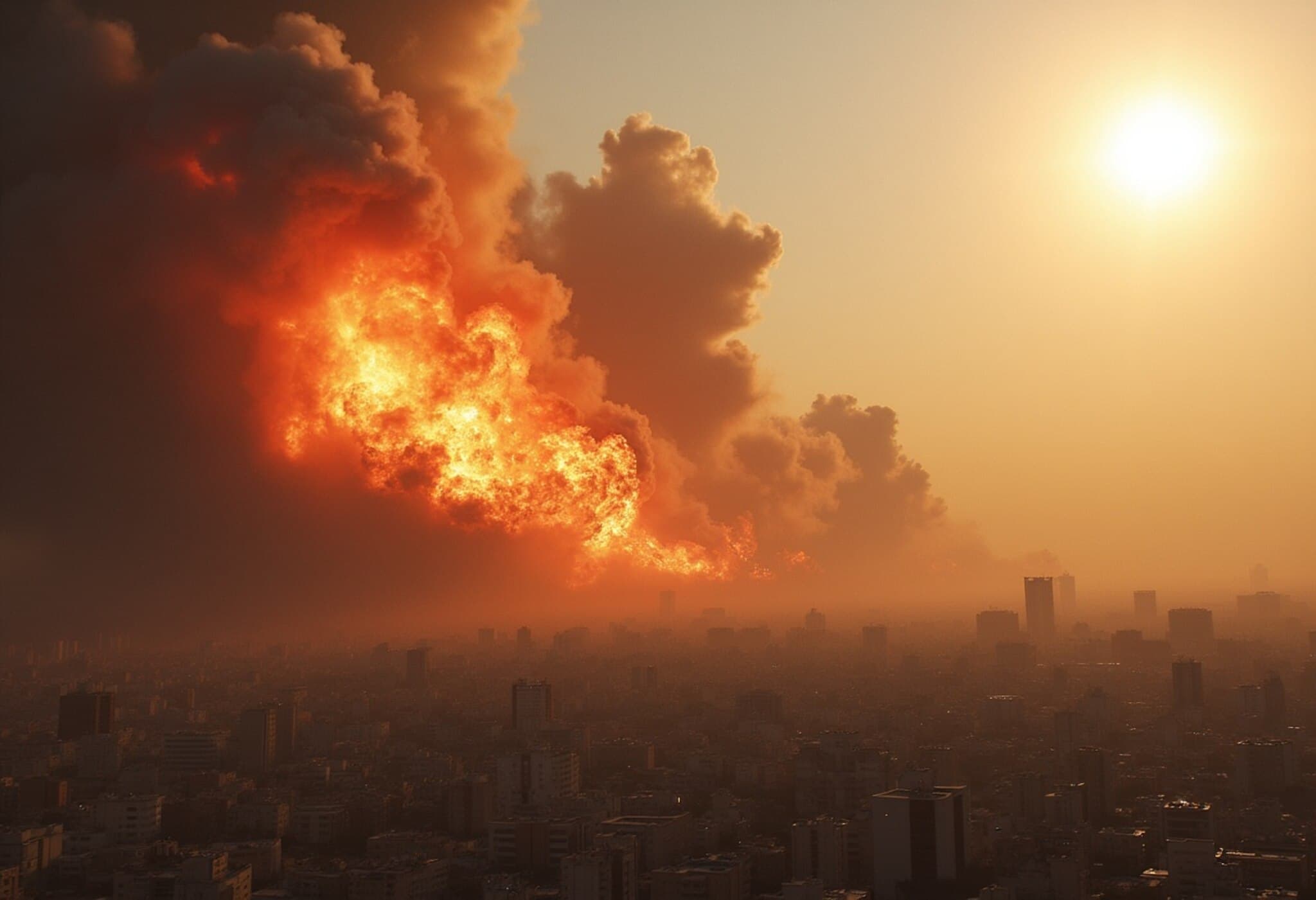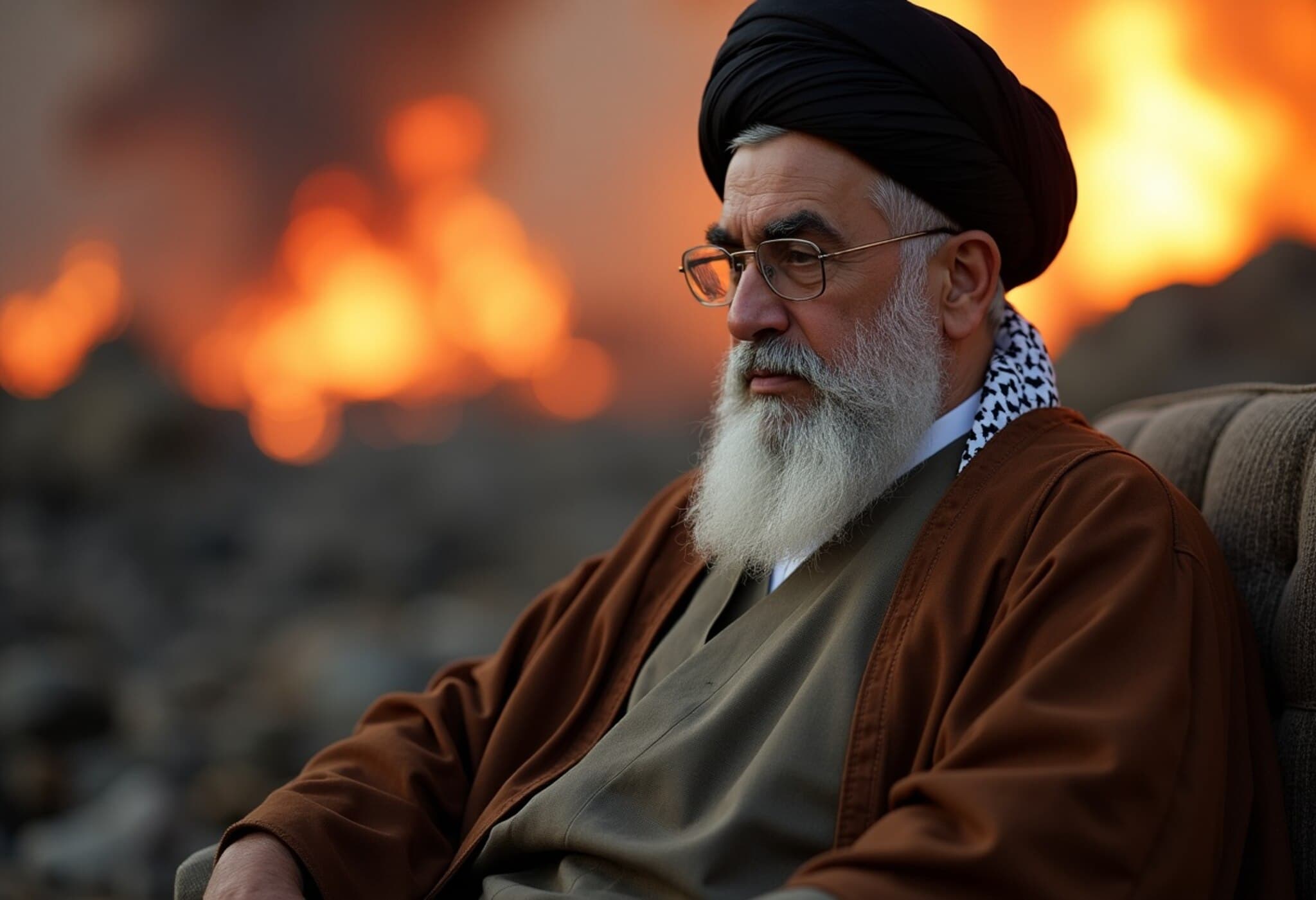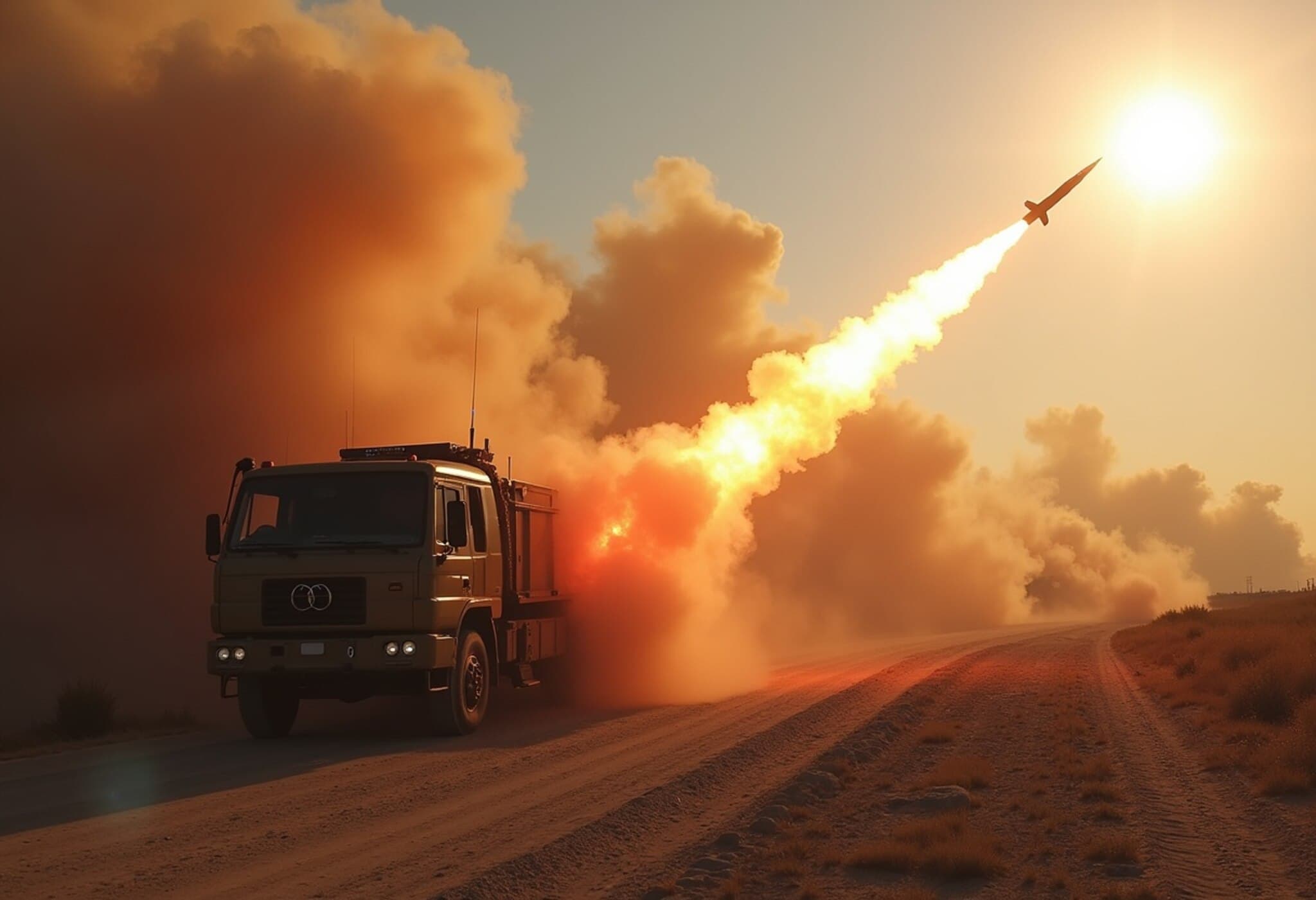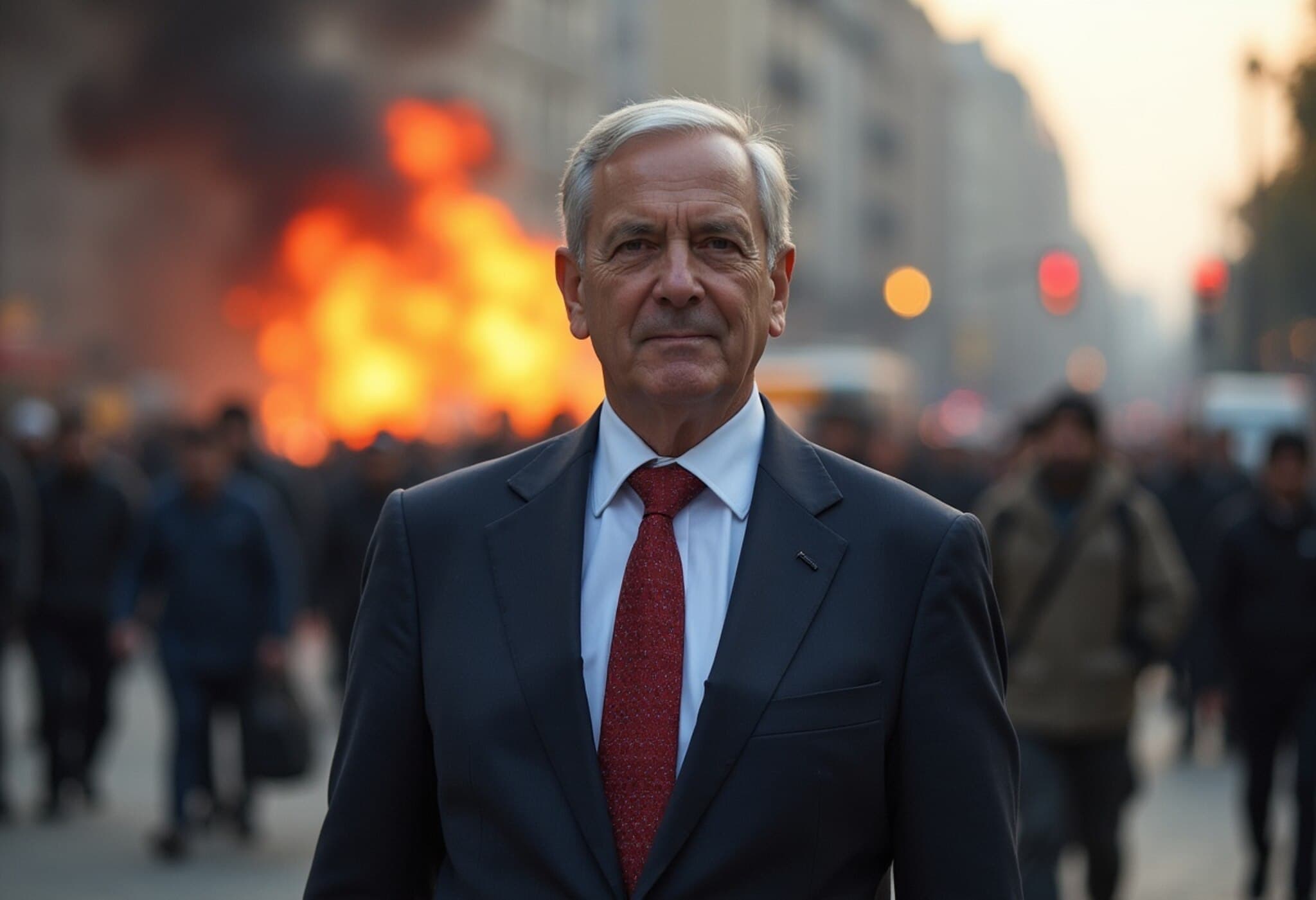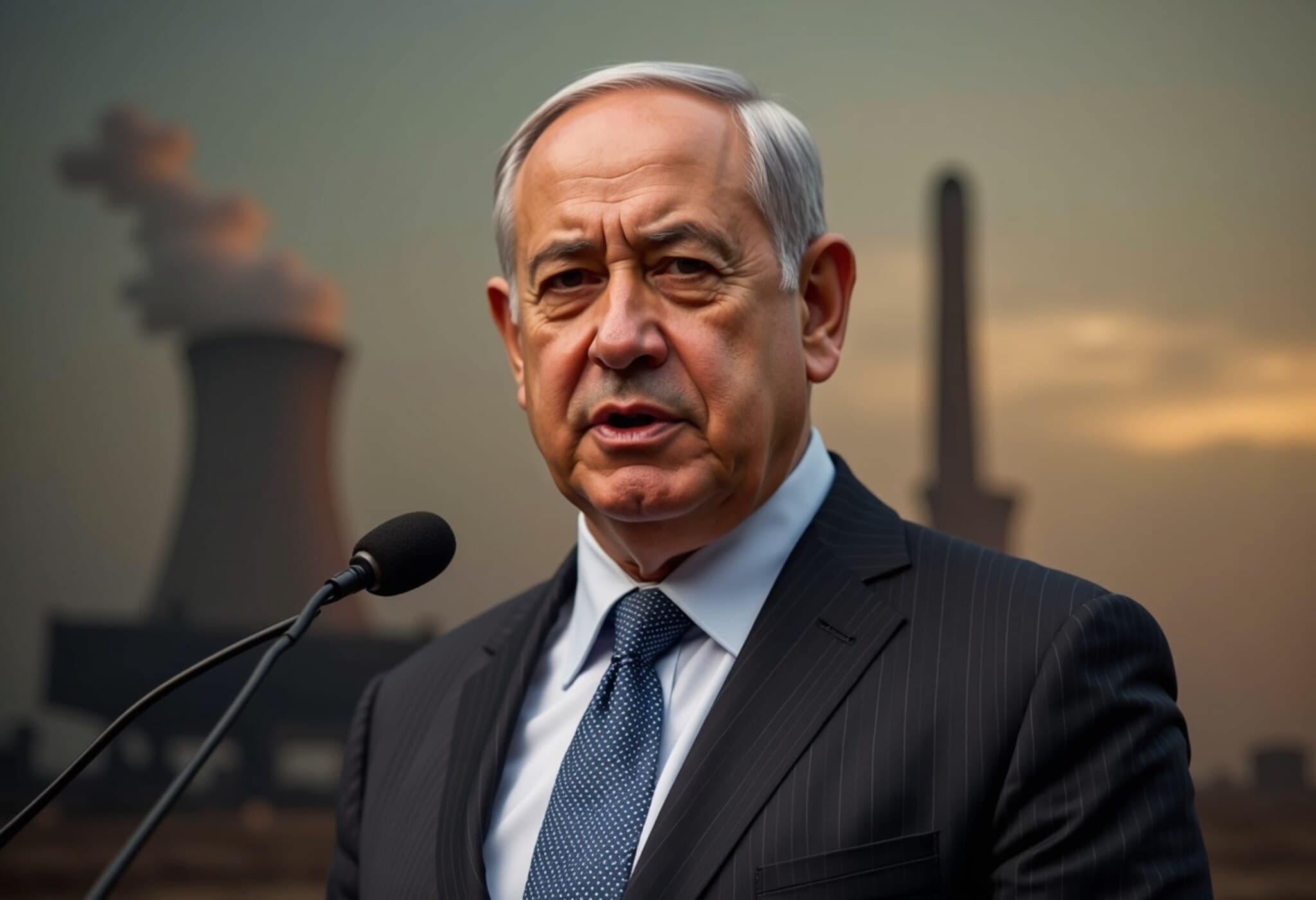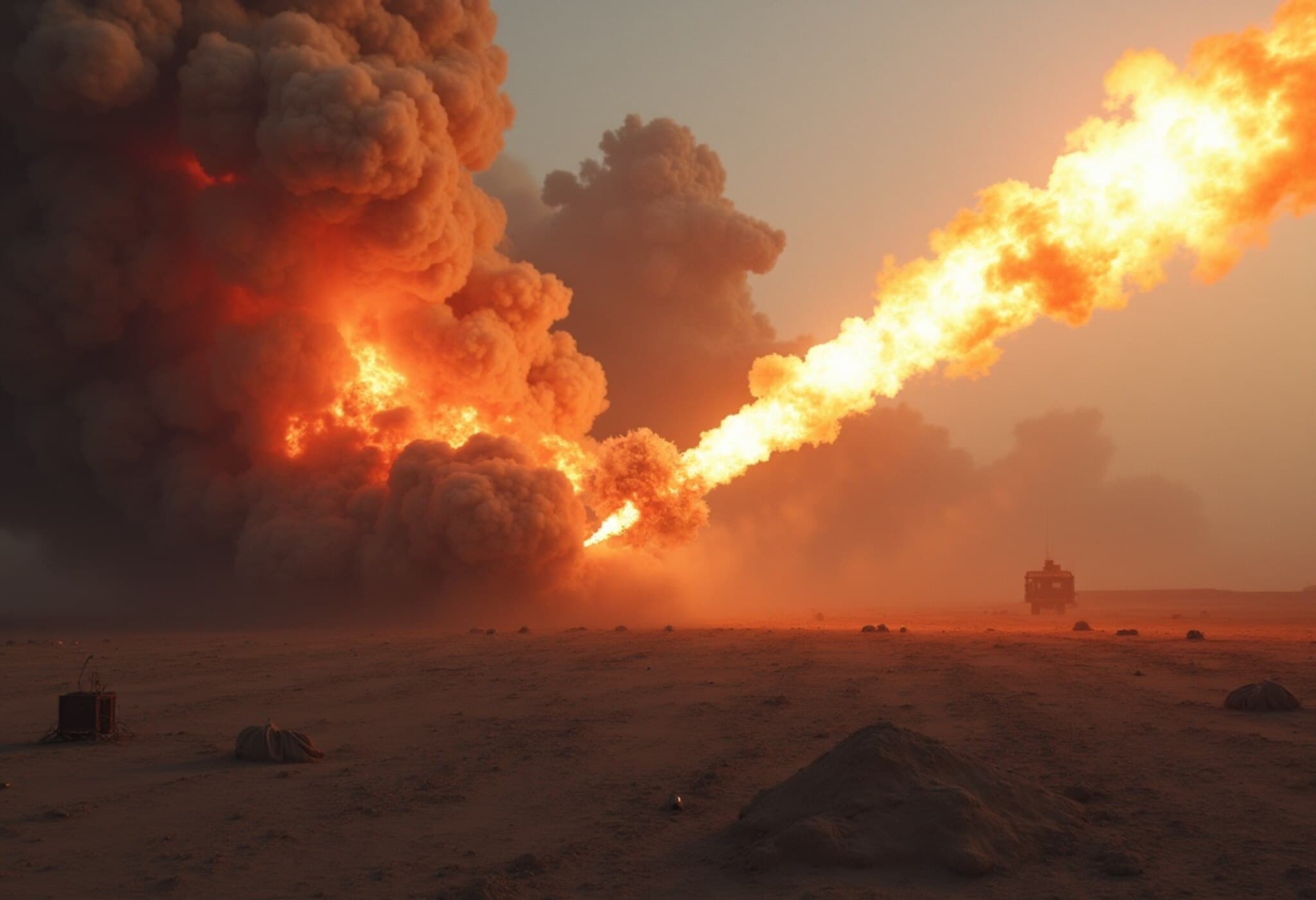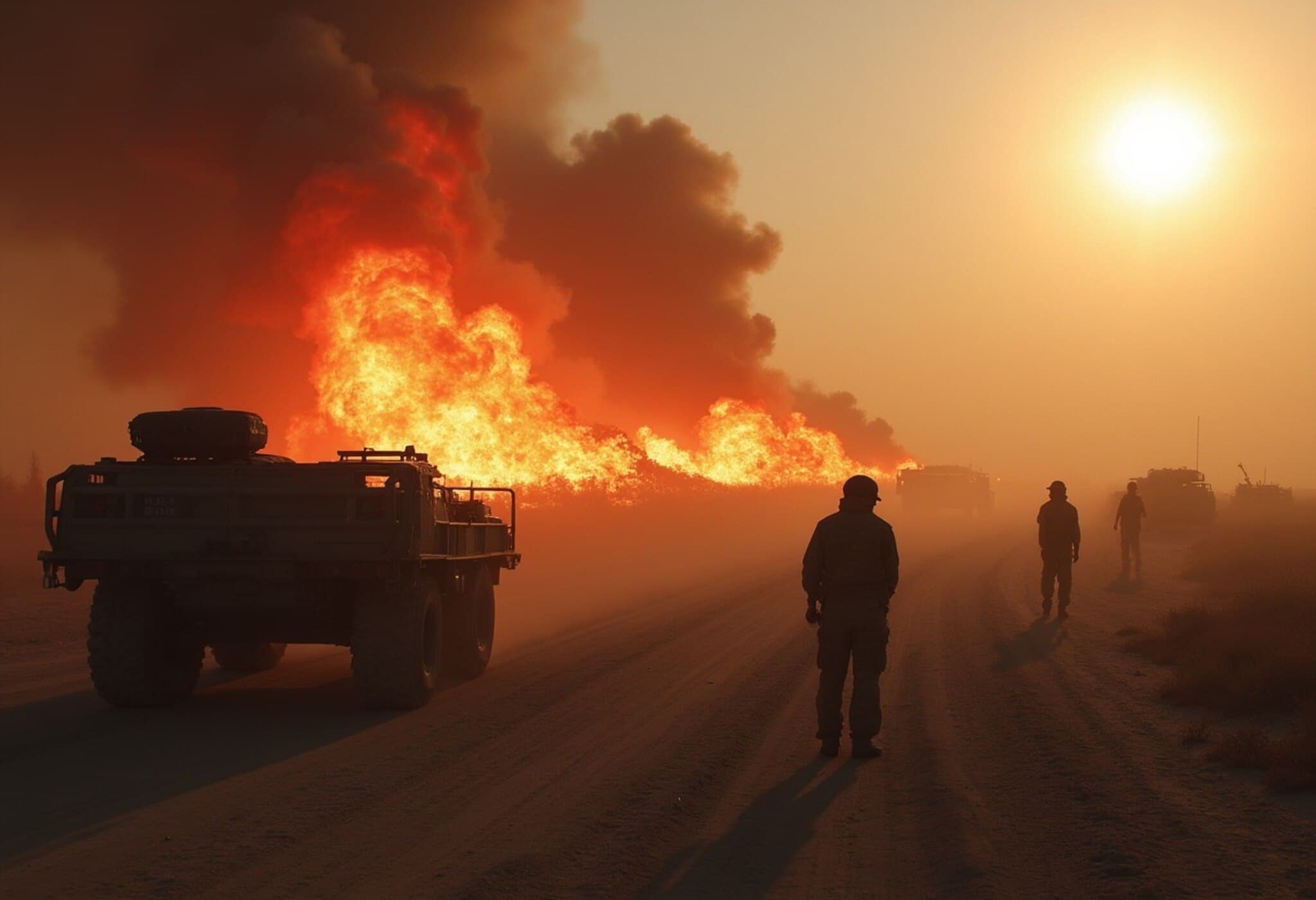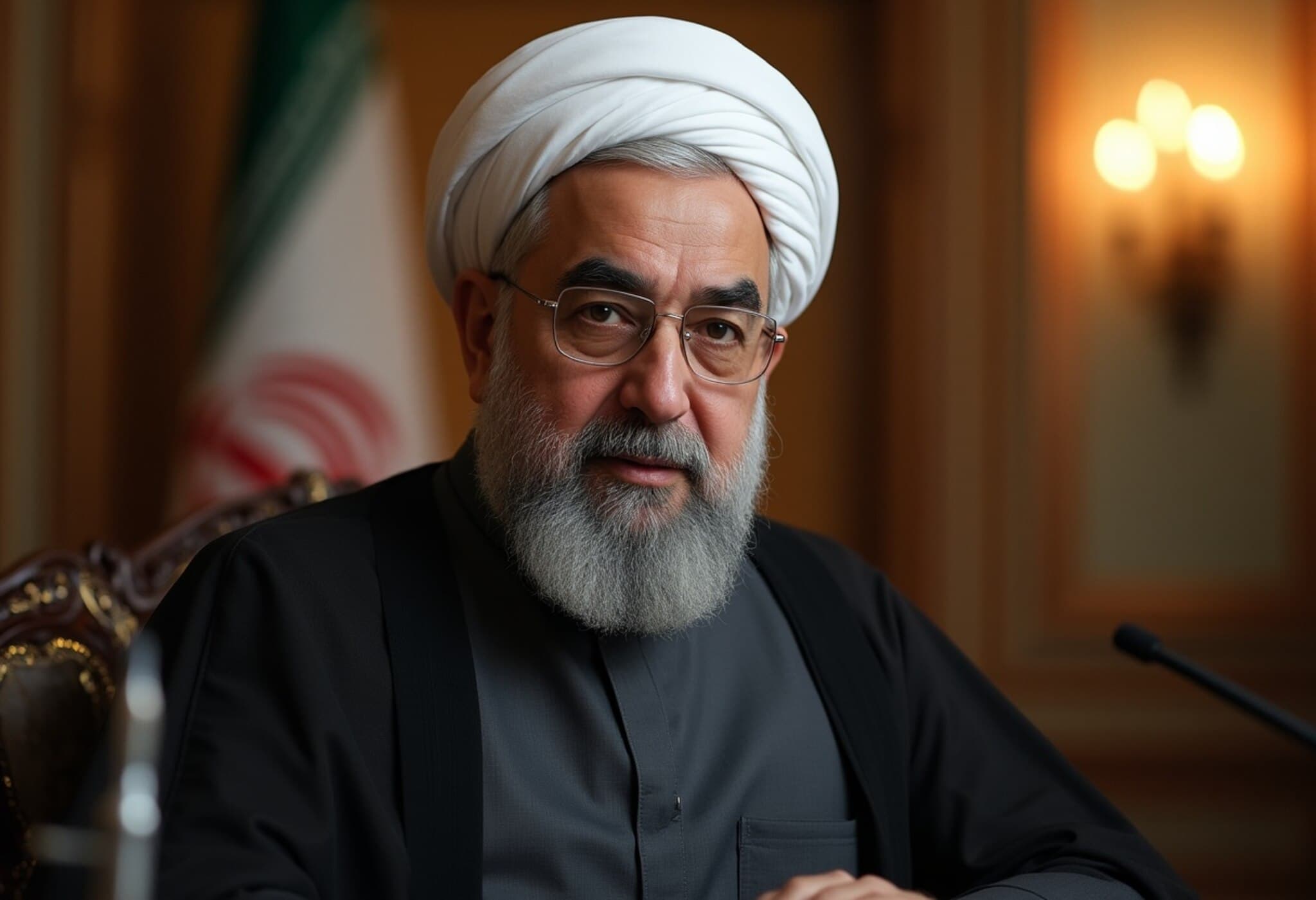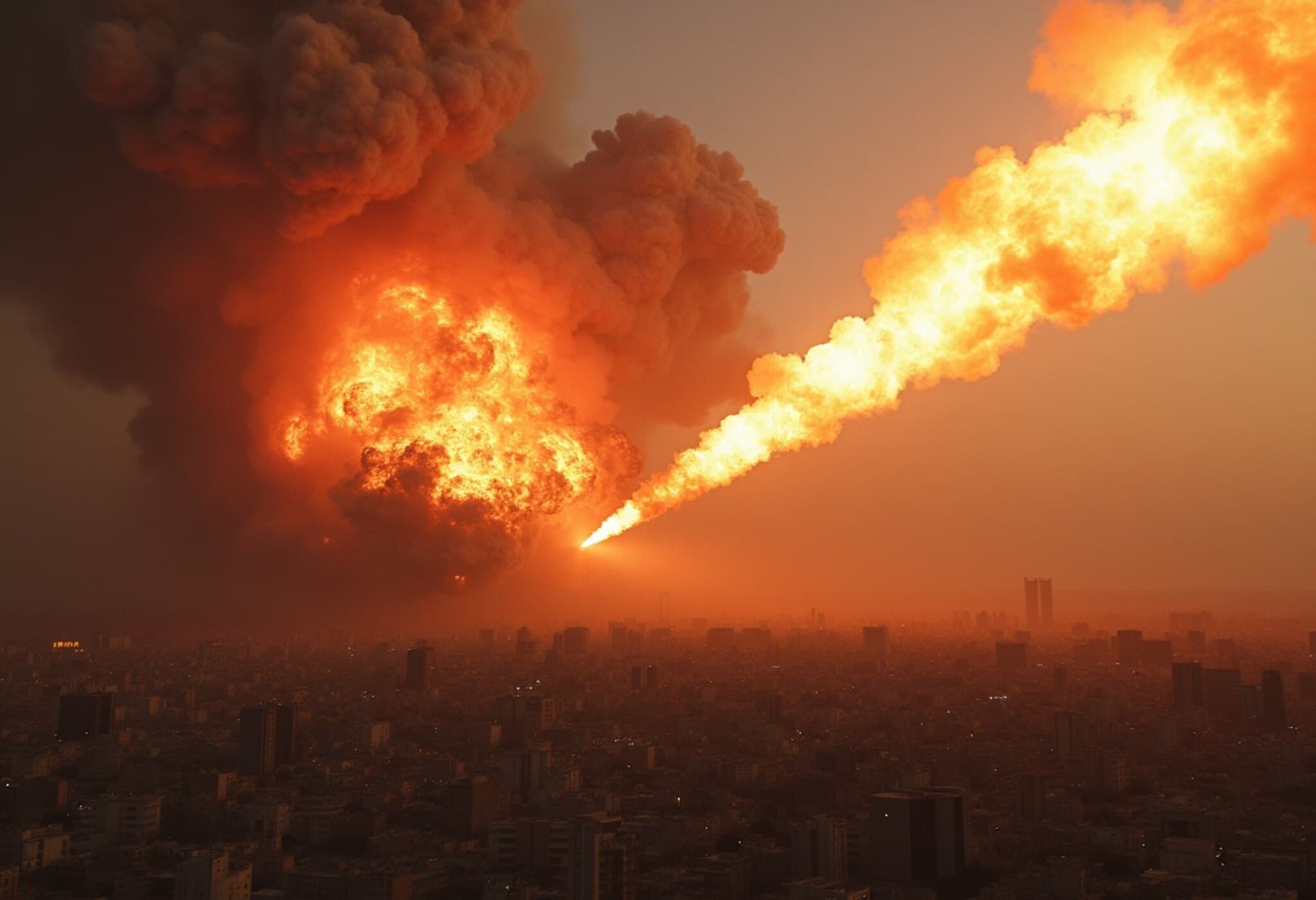Russia's Calculated Restraint Amid Rising Middle East Tensions
Just over a decade ago, Russia made a dramatic military push into Syria, stepping in to prop up a faltering regime. In 2015, as Bashar al-Assad’s government teetered on collapse, Russian warplanes surged across Syrian skies, halting opposition advances. This bold move reasserted Moscow’s might and influence in the Middle East. Fast forward to 2025, and the narrative has shifted. Iran, a close Russian ally, is under sustained bombardment from Israeli forces targeting missile and nuclear facilities. Yet, Russia’s response is strikingly subdued—no military intervention, only cautious condemnations. This marks a decisive shift in Moscow’s approach to the region.
Ukraine War Drains Russia's Appetite for Conflict
The key factor behind Russia’s reluctance is the ongoing conflict in Ukraine—a war that has strained Moscow’s military and economic capabilities over the past three years. Analysts suggest that Russia’s leadership views the risks of direct confrontation with Israel and the United States as outweighing benefits of defending Iran militarily. Simply put, the Kremlin is unwilling to open another front or escalate tensions with Western powers while embroiled in Europe’s largest conflict since World War II.
Beyond military limitations, Russia is also wary of damaging its growing economic partnerships with Gulf monarchies such as Saudi Arabia, the UAE, and Qatar. These nations view a stronger Iran with suspicion and Russia has invested heavily in cultivating ties with them, especially around energy cooperation. Coming to Iran’s defense militarily could jeopardize this delicate balance.
The Syria Experience: A Costly Reminder
The lessons of Syria loom large for Moscow. Despite the initial success in preserving Assad’s regime, it ultimately collapsed in December 2024 after years of costly effort. The defeat was a significant blow, draining Russia’s resources and political capital while attracting international condemnation. The painful aftermath still influences Moscow’s strategic calculations today, making it cautious about repeating similar mistakes with Iran.
From Military Power to Diplomatic Broker
Unlike its direct intervention in Syria, Russia’s current strategy focuses on diplomacy. President Vladimir Putin uniquely maintains open communication channels with Iran, Israel, and the United States. This rare position gives Russia leverage as a potential mediator in this escalating crisis. Reports indicate that Moscow has already reached out behind the scenes, signaling willingness to facilitate dialogue, particularly between Iran and the U.S., where opportunities for negotiation exist.
This diplomatic role allows Russia to influence regional dynamics without the burdens of military entanglement. Serving as an indispensable broker not only enhances Moscow’s stature but also helps de-escalate tensions without risking costly confrontations.
The Unseen Benefits of Regional Chaos
Instability in the Middle East often triggers spikes in global oil prices—a market Russia heavily depends upon. Higher oil revenues bolster Moscow’s economic resources, especially crucial during the prolonged conflict in Ukraine. By staying diplomatically involved yet militarily detached, Russia preserves its influence while quietly benefiting from energy market volatility.
A Strategic Pivot, Not a Retreat
This approach signals a shift in Russia’s regional ambitions. Hard power projection with troops and airstrikes has given way to a strategy of positioning as the key interlocutor. While this carries risks—losing Iran as an ally would weaken Moscow’s Middle East foothold—the Kremlin seems to be betting on calculated diplomacy over direct intervention as the wiser path forward.
In sum, Russia’s measured stance in the face of Israeli attacks on Iran reflects deep strategic recalibration informed by the heavy costs of Ukraine and Syria. Rather than rushing into battle, Moscow opts to leverage its unique diplomatic ties, safeguard economic interests, and maintain influence through dialogue.

